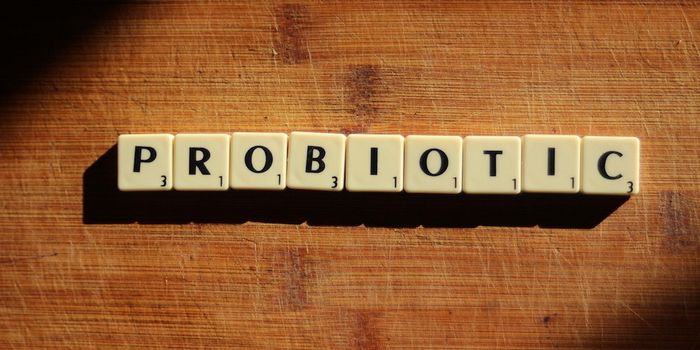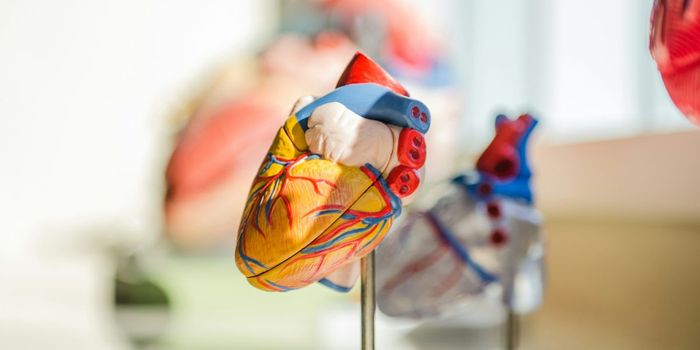COVID-19 Vaccines and Treatments Less Effective Against Omicron
mRNA COVID-19 vaccines and monoclonal antibody treatments are less effective against Omicron sub-variants of COVID-19 than earlier variants of the virus. At present, lab studies show that just one monoclonal antibody treatment is effective against all three sub-variants. The corresponding study was published in Nature.
Since being first identified in November 2021, the highly transmissible Omicron COVID-19 variant has caused large surges of the virus in multiple countries. So far, researchers have identified three Omnicron sub-variants that share 21 mutations in COVID's spike protein- its way of entering host cells and causing infection. These subvariants are called BA.1, BA.1.1, and BA.2.
Currently, BA.1.1 makes up around 40% of all Omicron cases worldwide. BA.2 makes up 10% of cases, although it is becoming more common. To combat the rapid spread of Omnicron, the researchers behind the present study conducted a series of lab experiments to see whether mRNA vaccines and 19 different monoclonal antibody treatments could neutralize the three subvariants.
To do so, they exposed the three Omicron sub-variants to monoclonal antibodies and sera from individuals who were immunized with mRNA vaccines.
They found that sera from individuals who had received two doses of the mRNA vaccine had reduced neutralization activity against all Omicron variants. This decline in neutralization, however, was less significant in blood samples from people who had received mrNA booster shots.
Meanwhile, in experiments involving the 19 monoclonal antibodies, the researchers reported that all three variants were largely resistant. Bebtelovimab, the latest monoclonal antibody to have received FDA Emergency Use Authorization, was the only available antibody therapy capable of neutralizing all three Omicron variants.
"The emergence of new variants is narrowing our treatment options and challenging the effectiveness of our current vaccines," said David D. Ho, MD, one of the authors of the study. "It is critical that we don't relax prematurely and continue to devise novel strategies to contain this ever-evolving pathogen."
Sources: Nature, Science Daily









